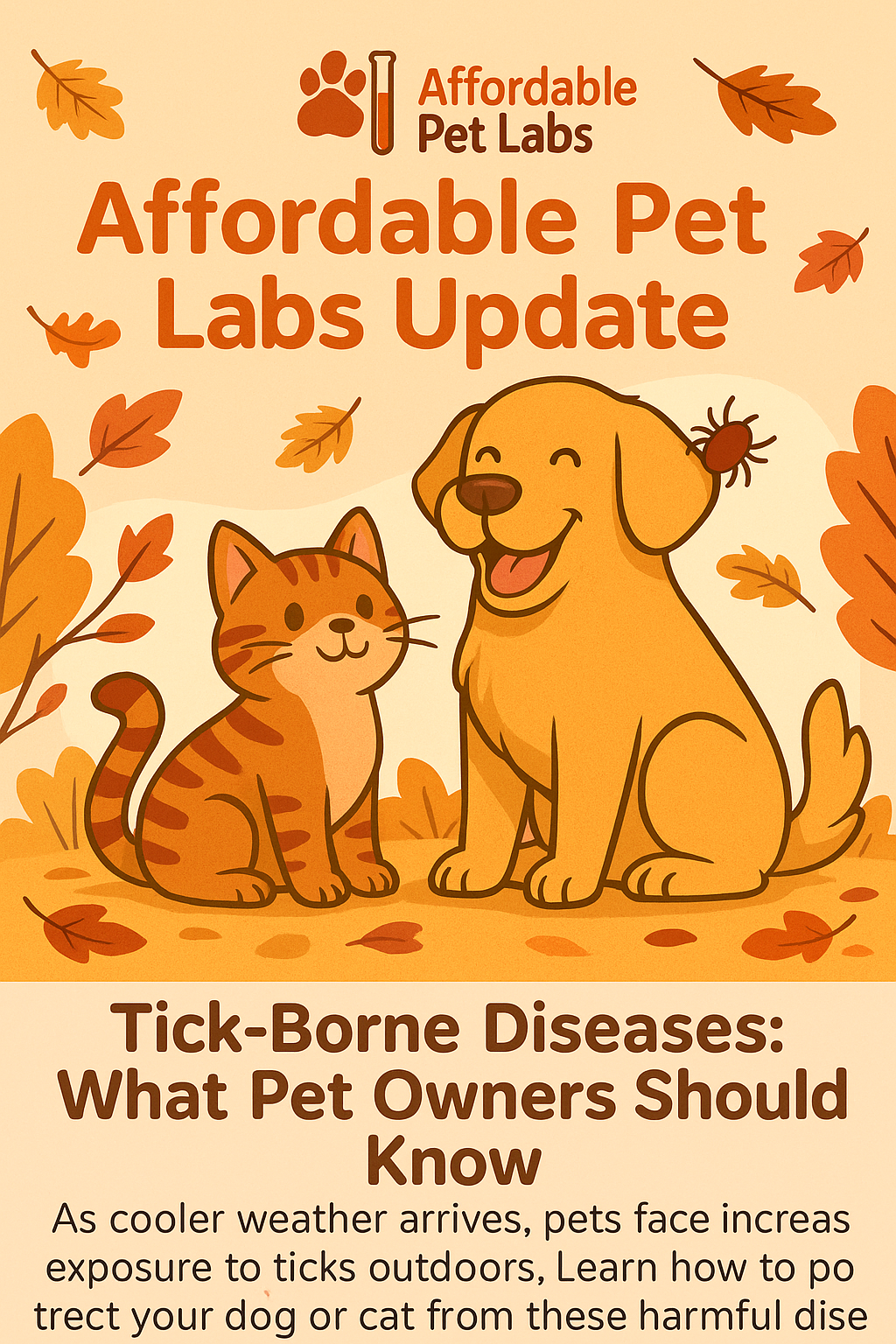In recent months, a concerning development has emerged in the world of pet health: avian influenza, traditionally a virus that affects birds, has started to infect domestic cats. This situation has raised alarms among veterinarians and pet owners alike. Understanding the risks, symptoms, and preventive measures is crucial for cat owners to protect their furry companions.
What is Avian Influenza?
Avian influenza, also known as bird flu, is a viral infection that primarily affects birds but can occasionally cross species barriers to infect mammals, including cats. The virus is known for its high mutation rate and potential to cause severe illness.
There are multiple strains of avian influenza, with H5N1 and H7N9 being the most notorious for causing illness in humans and animals. Recently, cases have been reported where cats have contracted avian influenza, likely due to contact with infected birds or environments contaminated with the virus.
How Does Avian Influenza Affect Cats?
When cats contract avian influenza, they can develop severe respiratory symptoms. The virus targets the respiratory system, leading to symptoms such as:
-
Fever and lethargy: Infected cats may appear unusually tired and less active than usual.
-
Difficulty breathing: Watch for labored breathing, wheezing, or coughing.
-
Nasal discharge and sneezing: These are common symptoms, often mistaken for a typical upper respiratory infection.
-
Loss of appetite: Infected cats may refuse food and water, leading to dehydration.
The virus can be fatal in severe cases, making early detection and treatment critical.
Prevention: How to Protect Your Cat
-
Limit Outdoor Access: If possible, keep your cat indoors, especially in areas where avian influenza has been detected in local bird populations.
-
Avoid Contact with Birds: Ensure your cat does not have access to wild birds or areas where birds congregate, such as bird feeders or poultry farms.
-
Hygiene and Cleanliness: Regularly clean your cat’s living area and food bowls. If you have birds or other pets, ensure they are separated from your cat.
-
Monitor for Symptoms: If your cat exhibits any of the symptoms mentioned above, seek veterinary care immediately. Early intervention can be lifesaving.
-
Vaccination and Veterinary Care: While there is no specific vaccine for avian influenza in cats, keeping your cat’s overall vaccinations up to date can strengthen their immune system. Regular veterinary check-ups are essential for early detection of any illness.
What to Do If Your Cat is Infected
If your cat is diagnosed with avian influenza, follow your veterinarian’s advice closely. Treatment is supportive, focusing on managing symptoms and preventing secondary infections. In severe cases, hospitalization may be required to provide intensive care.
Conclusion
Avian influenza is an emerging threat to domestic cats, and awareness is the first step in prevention. By understanding the risks and taking proactive measures, you can help protect your cat from this potentially deadly virus.
For more detailed information, you can refer to primary sources like the Centers for Disease Control and Prevention (CDC) and the American Veterinary Medical Association (AVMA).
Stay informed and keep your pets safe by following the latest updates from trusted pet health organizations.
Sources:
This article is in collaboration with scotlandclothing.com.







